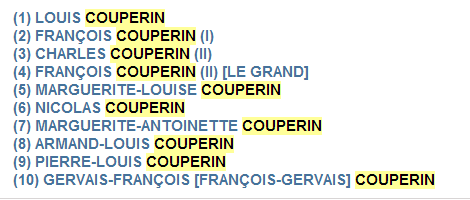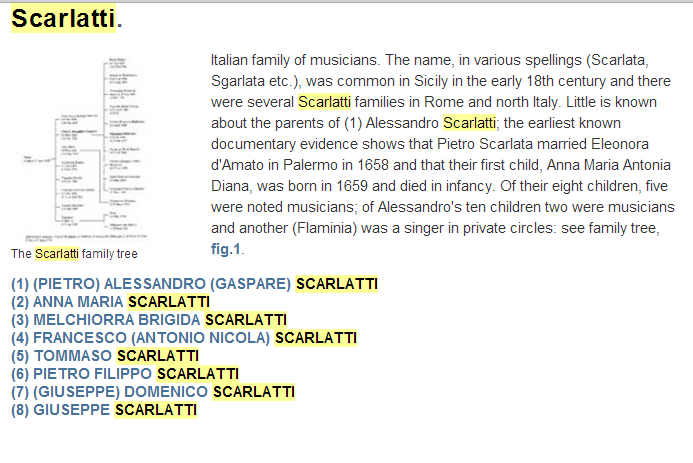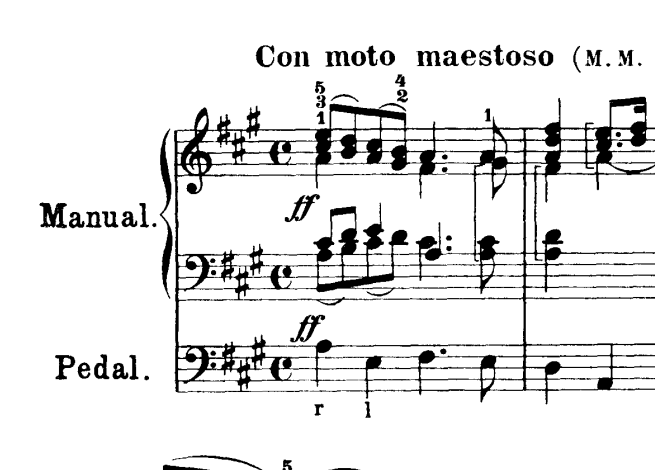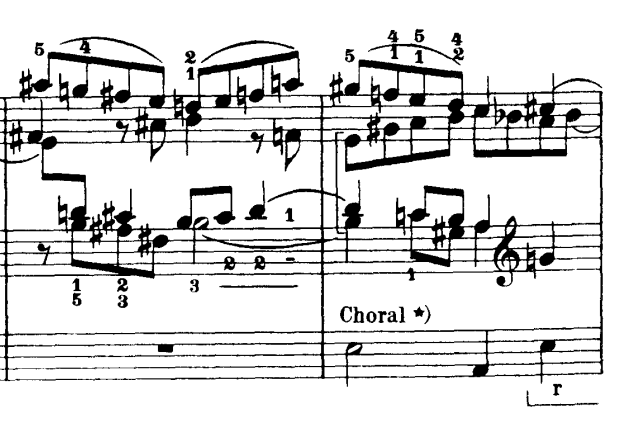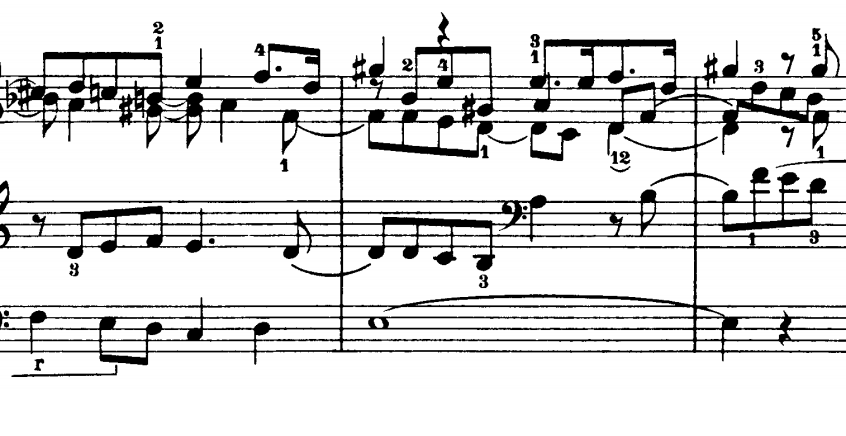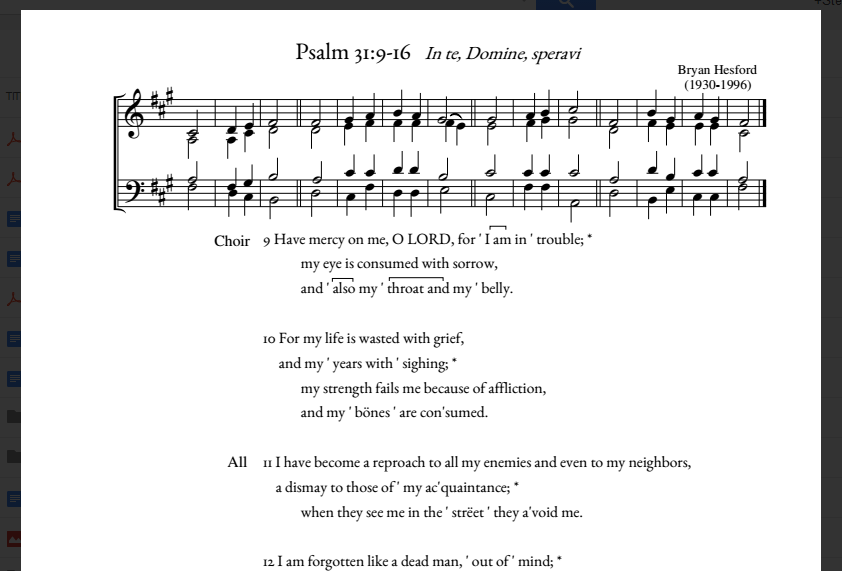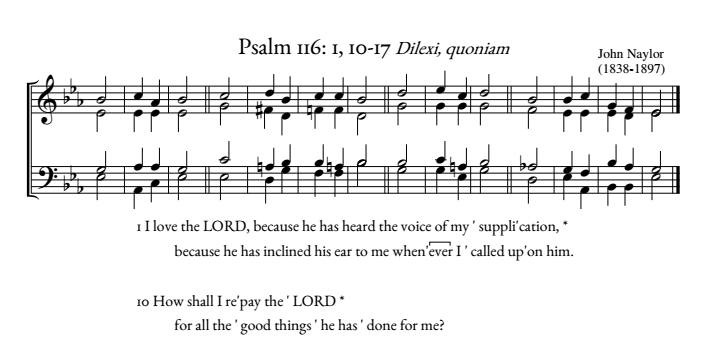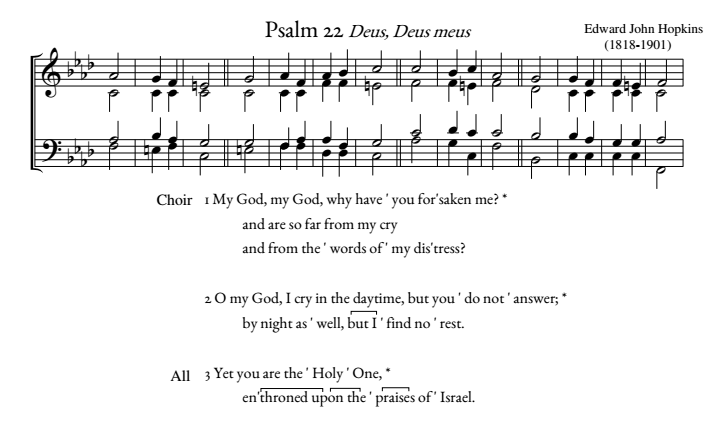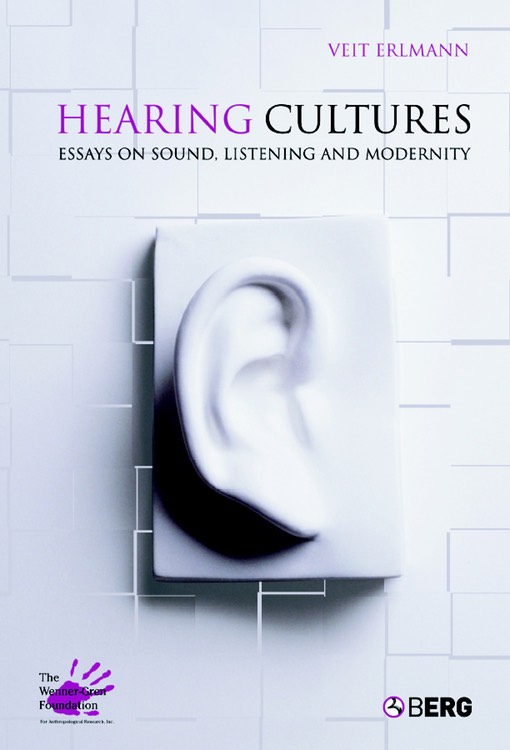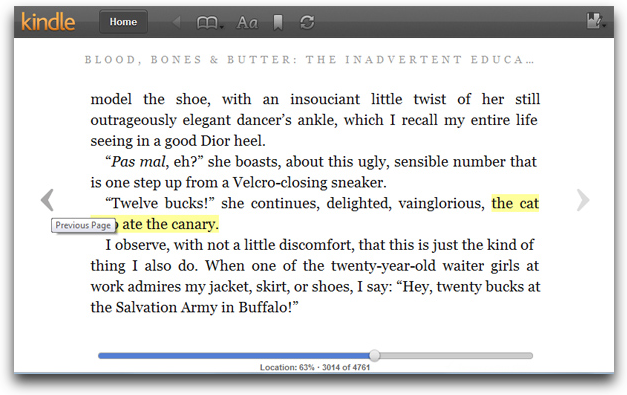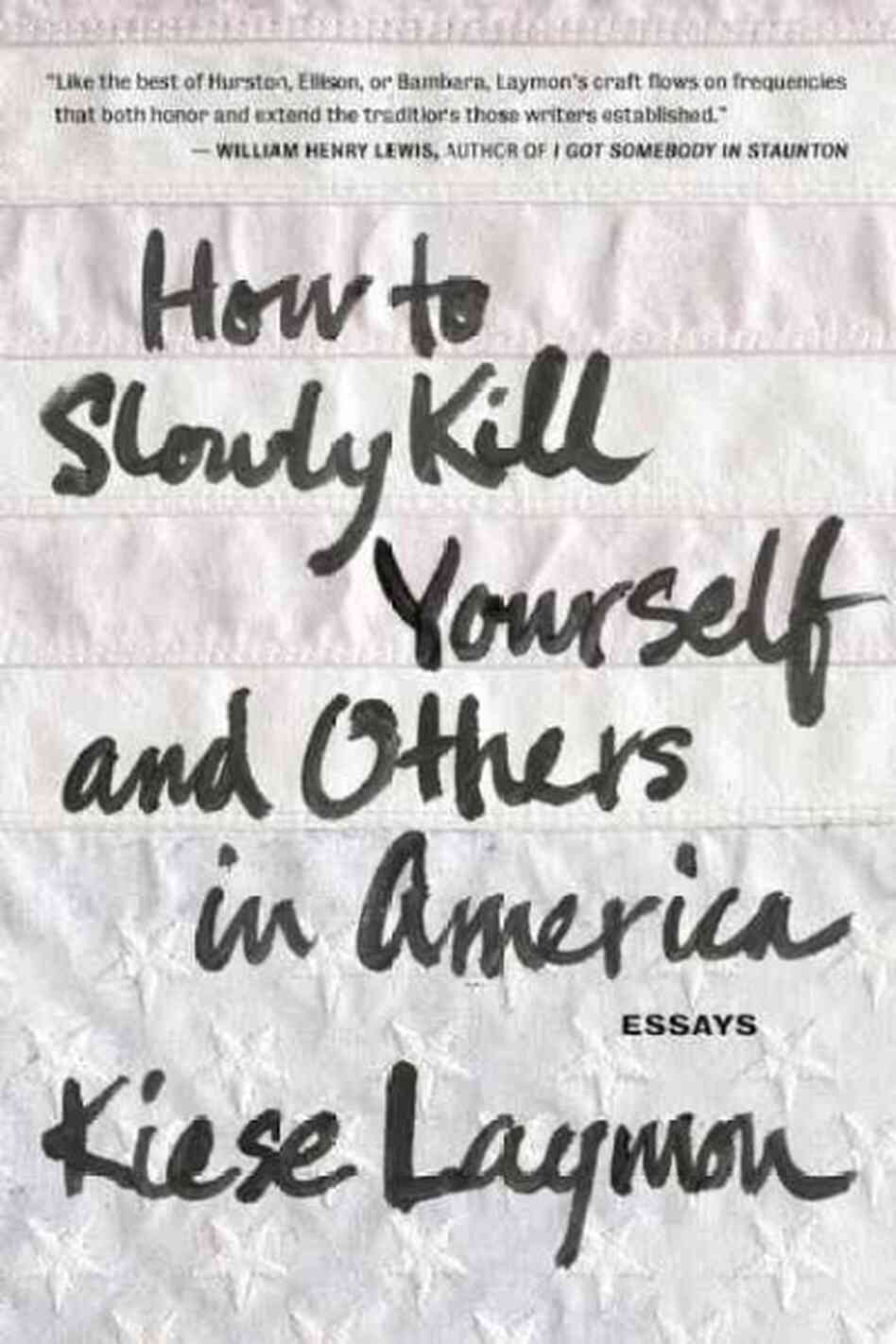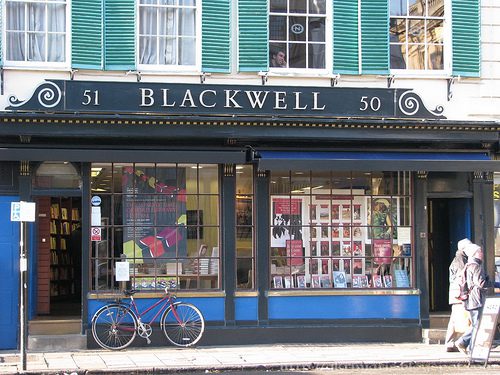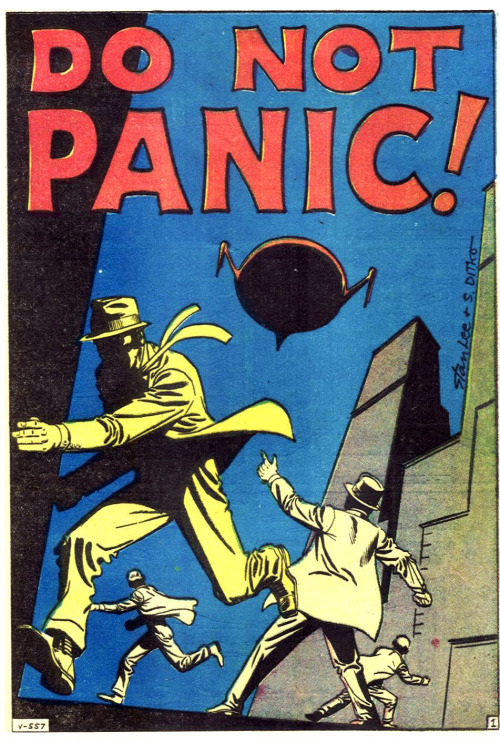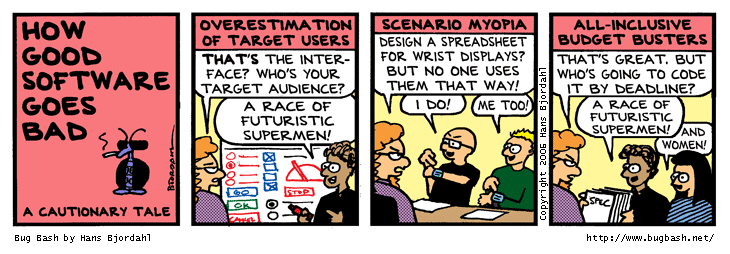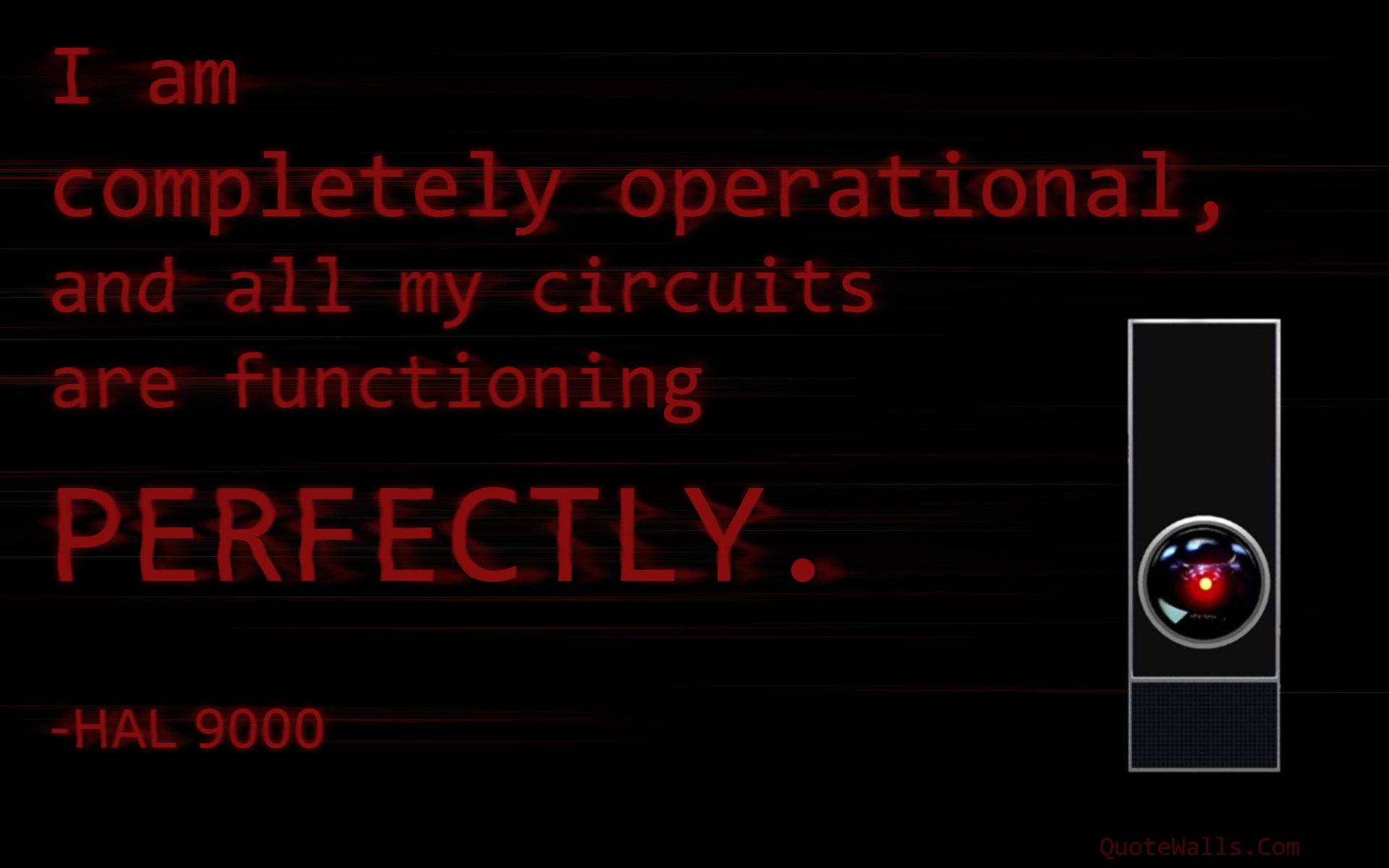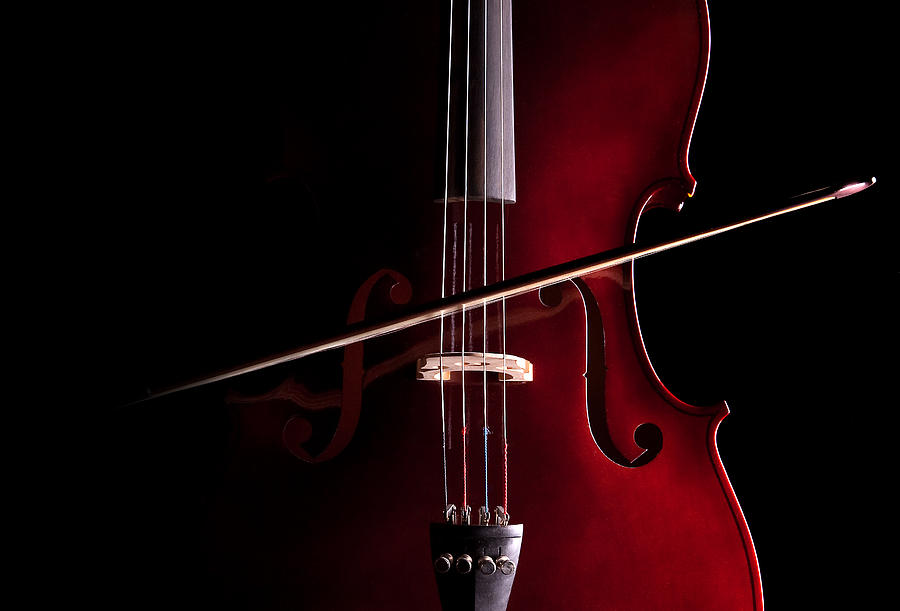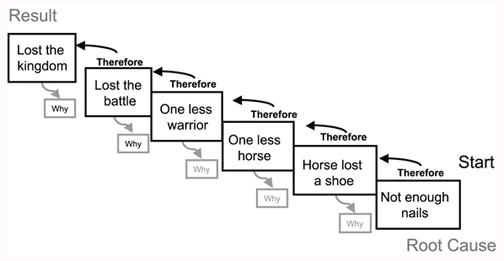So, this morning I got up and couldn’t get my web site to load. It’s working now. Here’s today’s blog (which I wrote this morning off line)
I am not needed for my 8:30 ballet class. Excellent. I have spent the morning reading and relaxing. I will have to go play my 11 AM and Noon class. But this reprieve is pleasant.
I have found a new writer, Ruth Ozeki. I began randomly listening to her read her new novel, A Tale for the Time Being, on the local library streaming book web site. I am very intrigued by her writing and am planning to read the book carefully. This means I will want to own a real copy that I can mark up. For now I will say that the phrase, “time being,” is being used like “human being….” There are two protaganists, Nao and Ruth. Nao is the “time being” as you can see from this excerpt.
Like her namesake, the author, Ruth is living on a remote island and finds Nao’s diary which seems to be written like a letter to Ruth.
Listening to the author read this book at night as I try to fall asleep has drawn me into this story enough to get a copy and read for real.
So it’s now on my list of books to read next.

Since I am suffering from burn out I made a sort of resolution to not schedule any more organ music I will need to work hard on to prepare. Unfortunately, yesterday I could not resist scheduling Krebs’ lovely setting of the tune, Herzlich Thut (O Sacred Head). I am now planning to play it as the Maundy Thursday prelude.

I was delighted to read Gardiner’s observation that the Bach family reminded him of The Blue Notes from South Africa.

“The [Bach extended] family had now come through the most difficult times imaginable. Music to them was never a side issue—they clung to it for survival.

“Their modern counterparts are The Blue Notes – in the way they fought apartheid in South Africa with their highy individual and searing style of jazz. I remember coming across what Moholo said and writing it down:
‘When people are oppressed they sing. You see it all over the world and through history. They may be sad, but they sing. It’s like squeeing a lemon – the juice comes out.” John Gardiner
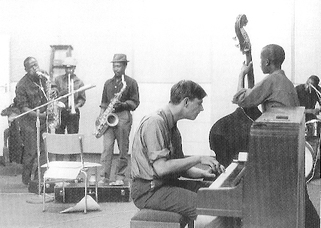

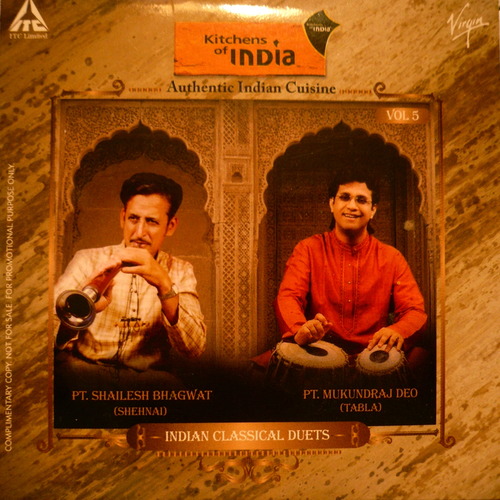
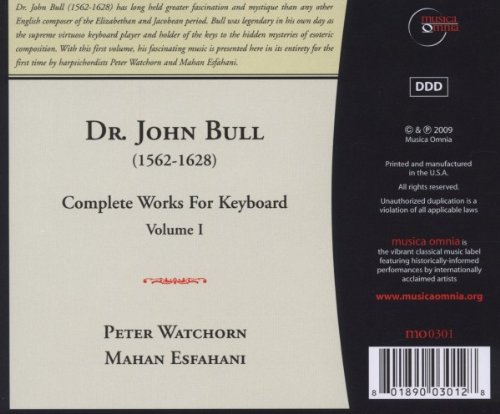












.%20Linocut.%202012%20copy.jpg)







